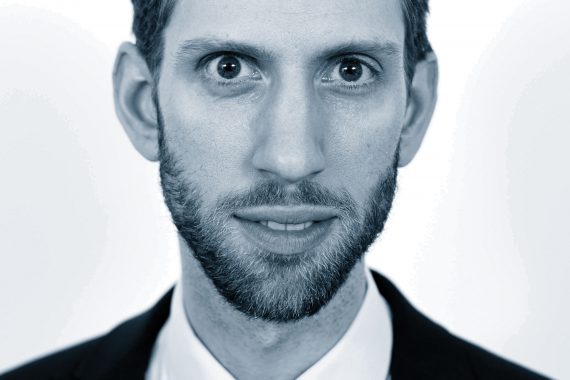How can a ‘primary care workforce review’ say so little about GPs?

I would expect nothing less from Professor Martin Roland, but his Primary Care Workforce Commission report contains a lot of good sense.
It is refreshingly straightforward to read, with little of the meaningless management speak that usually poisons the waters of NHS reports. It speaks compellingly about the need to free up GPs to conduct longer consultations with patients and the vital importance of ensuring continuity of care, particularly for children, the elderly and in mental health.
Common-sense ideas, such as GPs being given time to communicate directly with consultants by email or instant messaging, are peppered throughout the report. But the striking thing about the report is how little it says about GP numbers.
Announcing the review at the RCGP conference in October last year, the health secretary said it would be an independent study of exactly how many GPs we need ‘area by area’. ‘We need to know exactly where we are underdoctored and by how much,’ he said.
But this is not what has been produced. It mentions the GP shortage and notes the Government’s commitment to an additional 5,000 GPs by 2020 and has some intelligent things to say about the lack of GPs in deprived areas.
But the whole report is rather more concerned with extolling the virtues of a ‘multidisciplinary primary care workforce’ – the physician associates, practice pharmacists and medical assistants that we have heard so much about recently.
Professor Roland is quite right that these other clinical and support staff can make a significant difference in GP workload. Paramedics carrying out home visits, physician associates dealing with acute minor illnesses and medical assistants tackling the paperwork that GPs have to do could make the job more manageable and less of a gonad-bustingly exhausting daily grind.
But – as the report mentions – these staff cannot work alone and more GPs are needed to oversee the care they provide.
I suspect his paymasters would not have thanked him for it, but I would have liked to see a whole-hearted endorsement of the role of GPs and some imaginative ideas on how to retain and attract them (and perhaps a dire warning that if the job is not made more attractive then you might as well forget the 5,000 GP target – although the Jeremy Hunt is trying to).
Some have criticised me for pointing this out in a previous blog, but I make no apology for saying it again. These new clinical and support staff are no replacement for more GPs, and we end up in a dangerous place if this is not also made top priority.
Nigel Praities is editor of Pulse
Pulse July survey
Take our July 2025 survey to potentially win £1.000 worth of tokens











